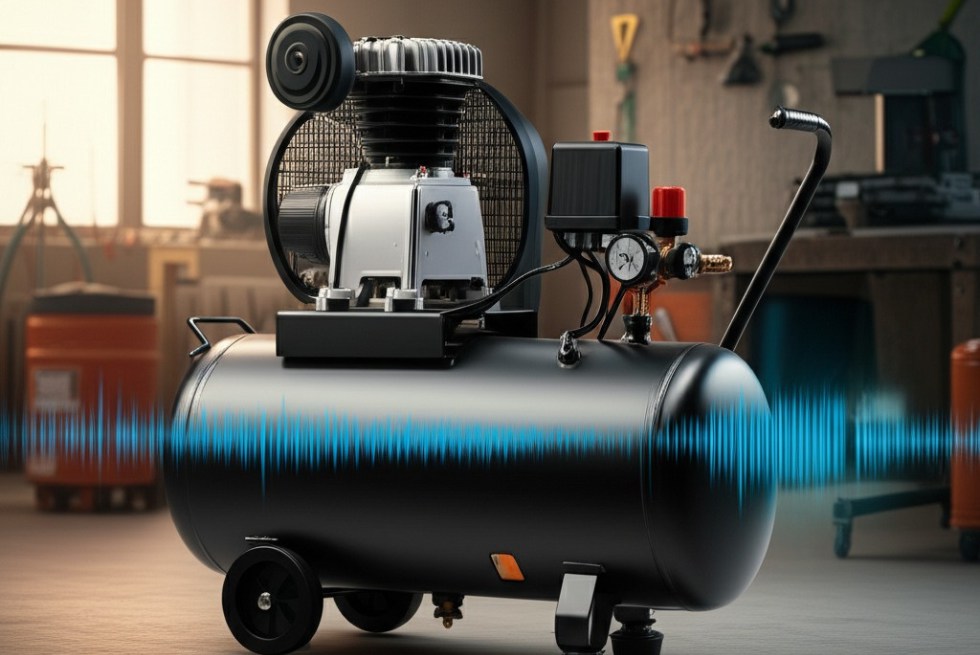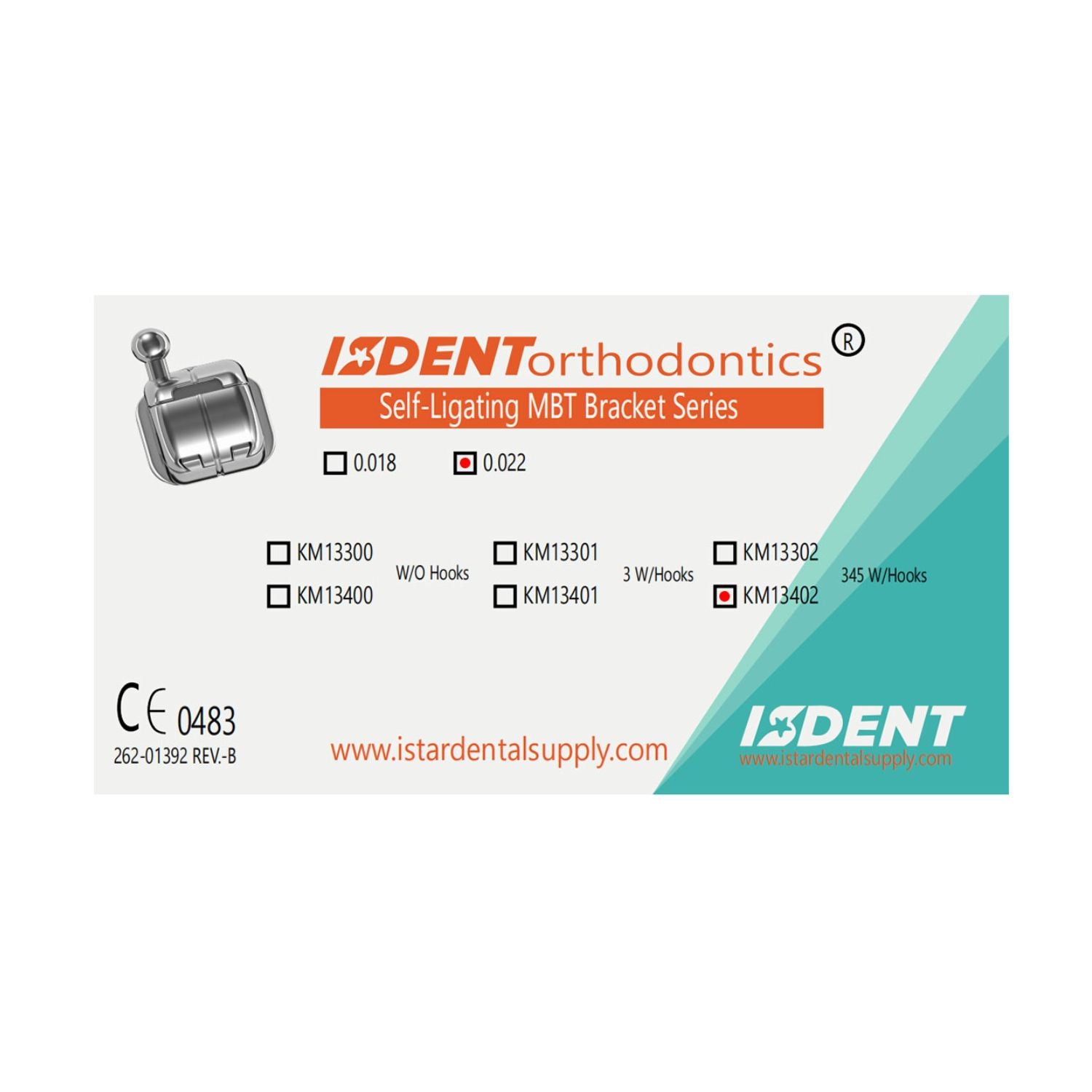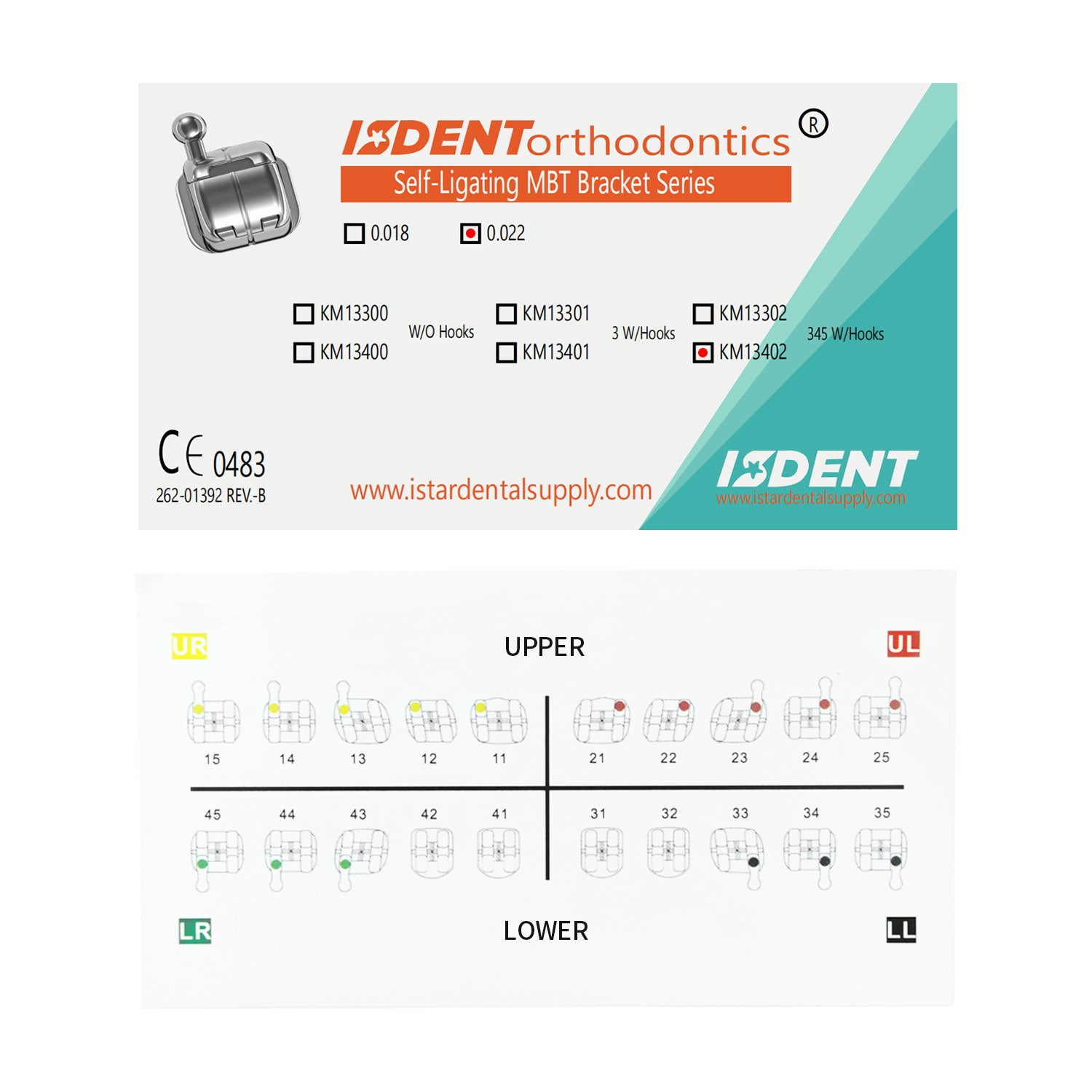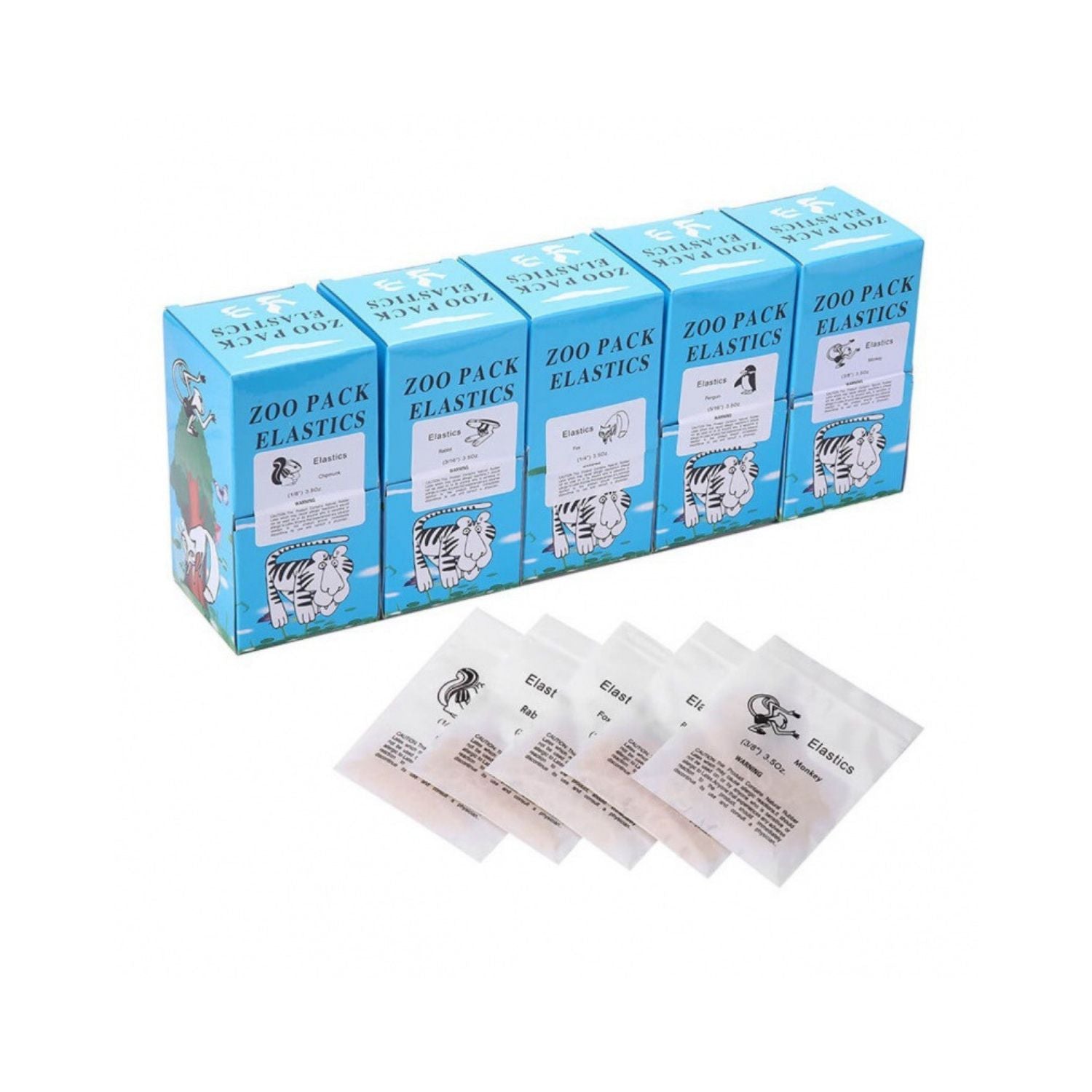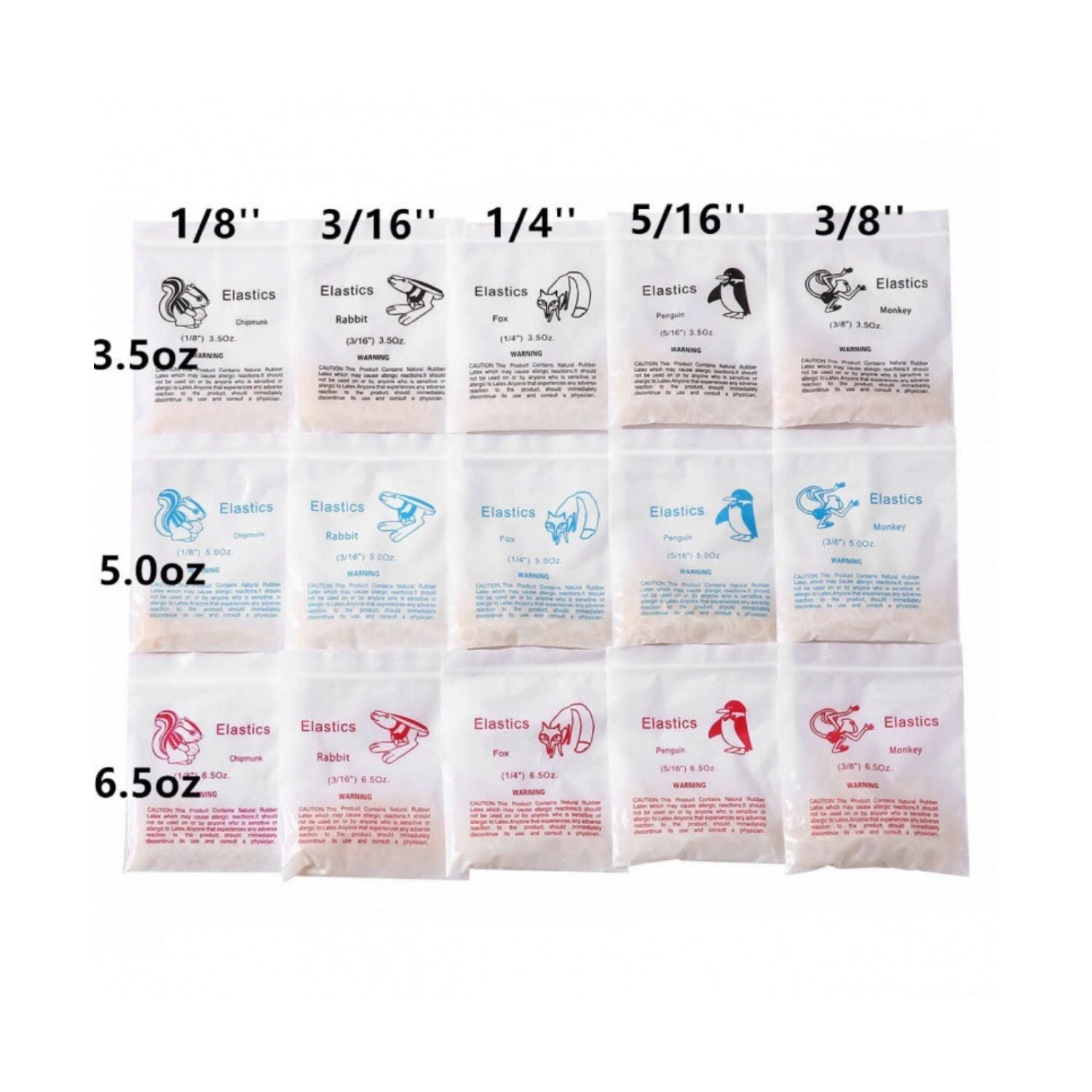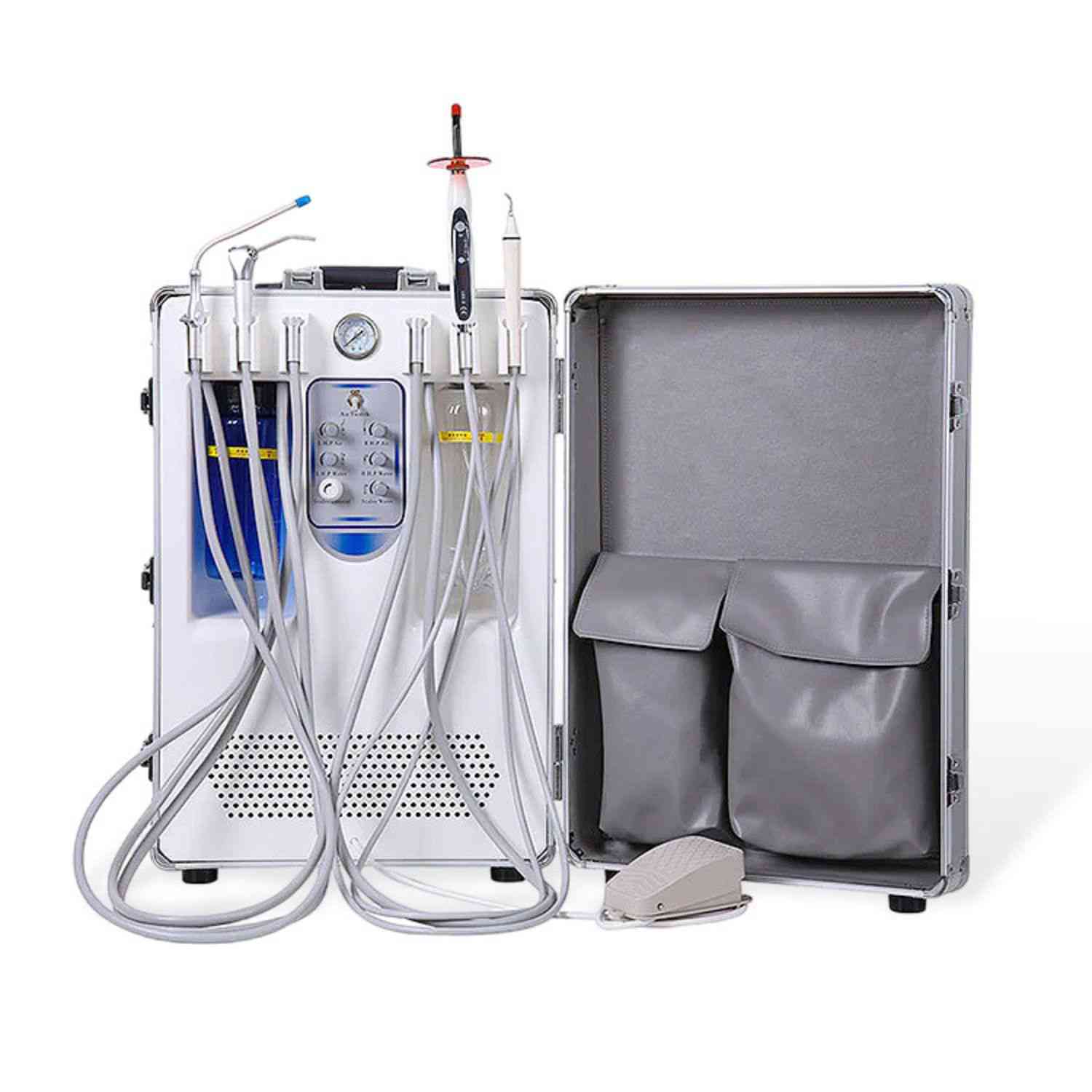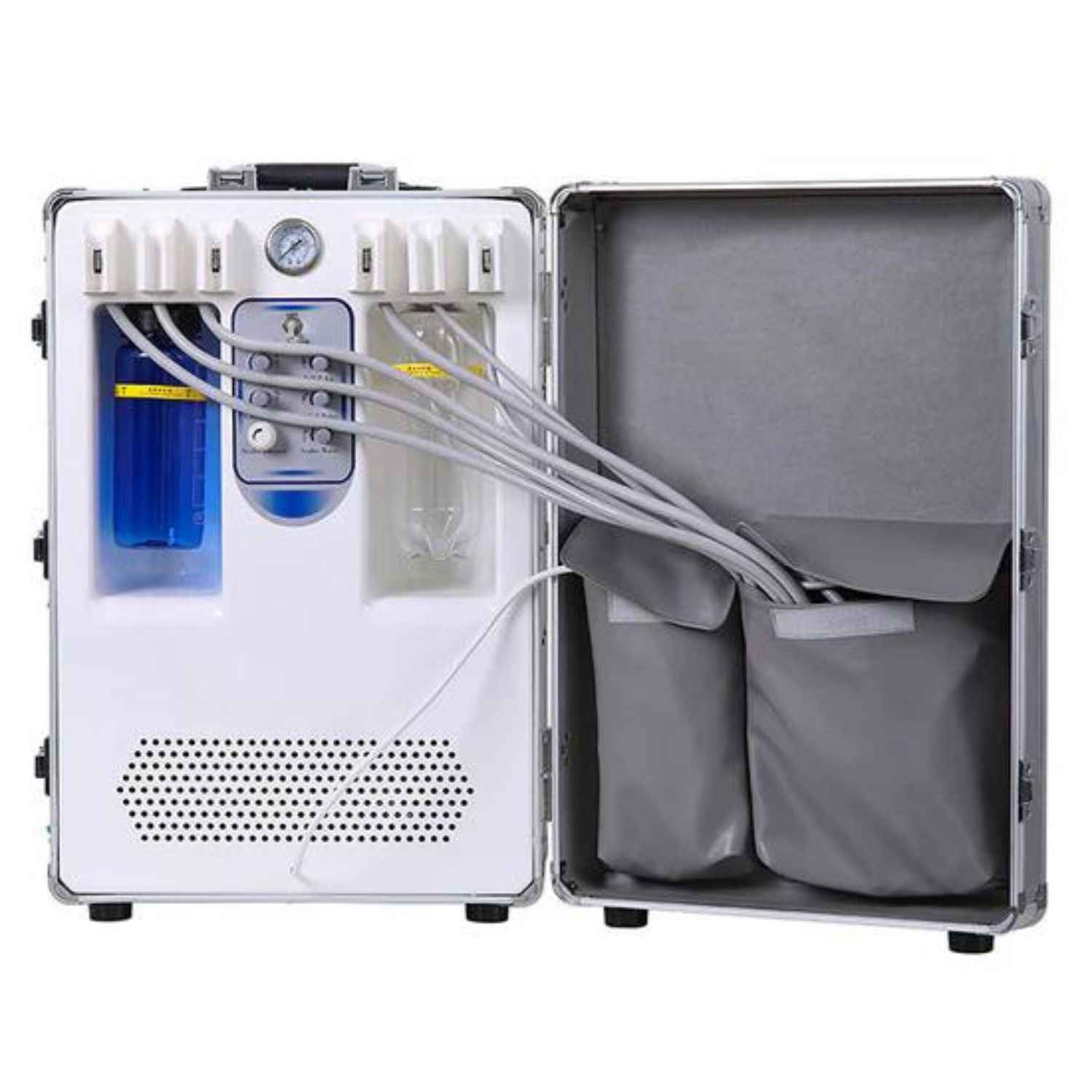How to Buy a Quiet Air Compressor: 7 Key Factors (+ Top Picks)
Are you tired of loud air compressors that hurt your ears and bother everyone around you? A quiet air compressor can solve this problem! This guide will help you find the perfect low-noise compressor for your home, workshop, or dental equipment needs.
1. Why Noise Matters in Air Compressors
Loud noise is more than just annoying. It can cause real problems:
-
Health risks: Being around loud sounds (80+ decibels) for too long can damage your hearing forever
-
Lower work quality: Noise can cut your focus and work speed by up to 12%
-
Home problems: Loud compressors make it hard to talk, think, or enjoy your space
-
Neighbor complaints: No one wants to be "that person" with the noisy tools!
Think about it - using a regular air compressor is like having a vacuum cleaner running non-stop. That's too loud for anyone!
2. Key Features to Look For
When shopping for a quiet air compressor, check these important things:
Decibel (dB) Rating
The decibel rating tells you how loud the machine is. Lower numbers mean quieter machines.
|
Decibel Level |
What It Sounds Like |
Good For |
|
60-75 dB |
Talking voice to vacuum cleaner |
Perfect for indoor use |
|
75-85 dB |
Busy traffic |
Need ear protection for long use |
|
85+ dB |
Lawn mower |
Too loud for most uses |
Pro tip: For every 10 dB increase, the sound feels TWICE as loud to your ears!
Oil-Free vs. Lubricated
-
Oil-free models: Usually quieter and need less care - great for beginners
-
Oil-lubricated: Can last longer but need regular oil changes
Vibration Dampening
Vibrations make noise and can damage your compressor over time. Look for:
-
Rubber feet
-
Anti-vibration pads (can cut noise by 30-50%!)
-
Soft-start motors
Tank Size & CFM (Cubic Feet per Minute)
Match these numbers to your tools:
-
Small tasks (inflating tires, small nail guns): 1-2 CFM with 1-6 gallon tank
-
Medium jobs (painting, mid-size air tools): 3-4 CFM with 6-10 gallon tank
-
Big projects (sanders, impact wrenches): 5+ CFM with 10+ gallon tank
Portability
Think about where you'll use the compressor:
-
Home/garage: Lighter models with wheels (under 50 pounds)
-
Workshop: Sturdier units that stay in one place
-
Dental office: Ultra-quiet models for dental compressor applications
3. Types of Quiet Air Compressors
Not all compressors are made the same! Here are the main types from quietest to loudest:
Scroll Compressors
-
Super quiet (as low as 45 dB)
-
Perfect for indoor use
-
More expensive but worth it for noise-sensitive areas
Rotary Screw
-
Very quiet and efficient
-
Great for workshops and constant use
-
Good for running dental handpieces and other precision tools
Piston-Driven
-
Most common and affordable
-
Can be louder (75-85 dB)
-
Can be made quieter with mufflers and padding
4. DIY Noise Reduction Hacks
Have an older, loud compressor? You can make it quieter:
Soundproof Enclosures
-
Build a simple box with plywood
-
Line it with acoustic foam
-
Make sure there's airflow so the motor doesn't overheat
-
Add a small fan if needed
This can cut noise by up to 40%!
Upgrade Mufflers
-
Replace the intake muffler for $15-30
-
Add exhaust silencers to reduce the "hissing" sound
Isolation Pads
-
Place thick rubber mats under the compressor
-
This stops vibrations from traveling through floors
-
Moving the compressor away from walls also helps
5. Where to Buy & Price Ranges
You can find quiet compressors at different price points:
Under $200
-
Small, portable units for home use
-
Good for tire inflation and small air tools
-
Examples: Makita MAC210Q, Harbor Freight Fortress
$200-$500
-
Mid-range with better noise-dampening
-
Good for woodworking, garage projects
-
Examples: California Air Tools 10020C, Dewalt DXCM271
$500+
-
Industrial-grade, ultra-quiet models
-
Best for professional shops and medical/dental use
-
Examples: Atlas Copco, Jun-Air, Quincy
Where to buy: Home improvement stores (Home Depot, Lowe's), online (Amazon, specialty tool websites), and for dental applications, check ISTAR ISTAR Dental Supply.
6. Real-World Case Studies
Home Workshop Success
Mike from Oregon switched from a standard 85 dB compressor to a California Air Tools model at 56 dB. "It's like night and day," he says. "I can have conversations while it's running, and my family doesn't complain anymore when I work late."
Dental Office Improvement
A dental practice upgraded to a quiet compressor system and found staff headaches decreased by 70%. They also noted patients commented positively on the more peaceful environment. For dental settings, look for compressors that work well with air polishers and other dental tools.
Small Business Workshop
A custom furniture maker invested in noise reduction pads and an enclosure for their existing compressor. This $200 fix reduced noise by 40%, allowing them to work without ear protection and extend their working hours in a residential area.
7. FAQs About Quiet Air Compressors
Are quiet compressors less powerful?
No - modern quiet compressors use better technology, not less power. Rotary screw and scroll compressors are both quiet AND powerful.
Can I make my old compressor quieter?
Yes - use mufflers, enclosures, or vibration pads. These fixes can reduce noise by 30-50% for under $100.
How long do quiet compressors last?
Most quality quiet compressors last 5-10 years with proper care. Oil-free models need less maintenance but may have shorter lifespans than oil-lubricated models.
Are quiet compressors worth the extra money?
Absolutely - when you factor in hearing protection, productivity gains, and the ability to work without bothering others, the extra 15-30% cost is worth it.
What's the quietest type of compressor?
Scroll compressors are typically the quietest (45-50 dB), followed by rotary screw models. Both are much quieter than traditional piston types.
8. Noise Reduction Comparison Table
This table shows how different factors affect compressor noise:
|
Noise Reduction Method |
Potential dB Reduction |
Approximate Cost |
Difficulty |
|
Anti-vibration pads |
3-5 dB |
$20-40 |
Very Easy |
|
Intake muffler upgrade |
5-10 dB |
$15-30 |
Easy |
|
Rubber mat under compressor |
2-4 dB |
$10-20 |
Very Easy |
|
DIY sound enclosure |
10-20 dB |
$50-100 |
Medium |
|
Professional enclosure |
20-30 dB |
$200-500 |
Easy |
|
Upgrading to quiet model |
20-30 dB |
$150-1000+ |
Easy |
9. Final Tips for Buying a Quiet Compressor
-
Test before buying if possible - what sounds "quiet" to one person might not to another
-
Read user reviews that specifically mention noise levels
-
Consider your specific needs - match the size and power to your tools
-
Look for good warranties - quality quiet compressors should have at least 1-2 year coverage
-
Factor in long-term costs - a quieter compressor might cost more upfront but save your hearing and increase productivity
Picking a quiet air compressor is one of the best choices you can make for your workshop, home, or dental practice. Your ears, family, neighbors, and patients will thank you!
Remember: hearing damage is permanent. Investing in a quiet compressor is investing in your health and comfort for years to come.

